When warnings are ignored
Mr. Nguyen Tuc, member of the Presidium of the Central Committee of the Vietnam Fatherland Front, once shared a story from more than a decade ago: A bank official was nominated to run for the National Assembly , despite public opinion repeatedly reporting violations in his work. After receiving and carefully examining the information, this person was not selected. Not long after, this official was prosecuted for violations as warned.
That case clearly shows the effectiveness of the Party Committee and Party organization in promptly listening to and processing information in a fair and proper manner in order to make wise and accurate decisions. However, in reality, there are many cadres who "slip through the net" even though signs of violations have been revealed in advance. That is the result of subjectivity, leniency, and even indifference in assessing, evaluating, and recommending cadres.
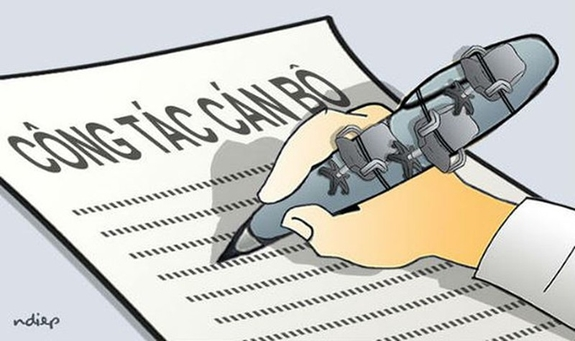 |
| Illustration photo: vov.vn |
On May 24, 2024, Nghe An Provincial Police issued a decision to prosecute the case, prosecute the accused, and temporarily detain Mr. Doan Tien Dung, who was then Chairman of the People's Committee of Cua Lo town, and 5 officials of the Town Party Committee and People's Committee of Cua Lo town related to violations in the process of land recovery and resettlement land arrangement in Cua Lo town (Nghe An province).
Nghe An Provincial Police determined that the above violations occurred from January 2020 to June 2022. It is noteworthy that comrade Nguyen Thi Kim Chi was Secretary of the Cua Lo Town Party Committee from November 2020 to August 2021, which was during the period that Nghe An Provincial Police determined that violations by many officials occurred in Cua Lo town. Thus, the fact that comrade Nguyen Thi Kim Chi was transferred and appointed to the position of Deputy Minister of Education and Training on February 15, 2024, just 3 months before the Chairman of the People's Committee of Cua Lo town and a series of officials in Cua Lo town were arrested is an extremely sensitive matter.
The questions that need to be answered are: Why are warnings and information about violations ignored? Is it because of a lack of channels to receive them, or is it because of the mentality of "if you make a mistake, we will deal with it later"? Or is there any impact to remove officials with signs of violations to "avoid the storm"? Who is responsible for letting unworthy people enter the leadership ranks?
There are opinions that, in some specific cases, transferring cadres to new positions is an organizational measure, facilitating the authorities to conduct inspections, audits, and investigations of signs of violations and wrongdoings by individuals and groups where the cadre is holding the position of presiding officer. However, even with this possibility, it is necessary to be very careful, cautious, and thoroughly consider the impact on the psychology and emotions of cadres, party members, and the people. Because when the new bouquets of flowers are given, the applause at the appointment decision handover ceremony, the compliments, the promises to accept the task have just ended, but the cadre has received a notice of discipline, it will inevitably raise public skepticism about the quality of cadres and cadre work.
“Right process” does not mean “right person”
Personnel work is an important task of the Party, not simply a matter of selecting people, but a task of protecting the political foundation and protecting the people's trust. Each appointment decision is not only administrative, but also a political decision, conveying expectations and trust.
Therefore, when many officials who have committed violations, even been criticized, continue to be included in planning, rotation, and appointment, in public opinion, this cannot be considered "negligence", but clearly reflects loopholes in the assessment and control of power.
First of all, the evaluation of cadres still focuses on records, degrees, and formal votes of confidence. The collection of opinions is often limited to internal agencies, lacking the listening of inspection, auditing, Party inspection agencies, police, press, Fatherland Front, especially from public opinion. Inspection conclusions and "backdoor" information that should be seriously verified are somewhat taken lightly, even ignored. Along with that, the evaluation and introduction of cadres often focuses on a few individuals, lacking a cross-monitoring mechanism. There are many cases where leaders or groups with power have deliberately "supported in an unclear way", turning the process into a tool to serve group interests.
On May 27, 2025, working with the Central Organizing Committee, General Secretary To Lam pointed out: Do not assign cadres to higher positions if they do not meet the standards, especially cadres who have been disciplined or have committed violations during their term. This directive needs to be institutionalized soon and implemented synchronously to thoroughly overcome the "mistakes" in cadre work in the past.
To effectively implement the above direction of General Secretary To Lam, it is necessary to first improve the quality of cadre evaluation, taking the effectiveness of practical activities as a measure. Reviewing and evaluating cadres must be viewed from many perspectives: from inspection conclusions, press and social media reflections to opinions of cadres, party members and the masses. Any manifestation of violations and deviations from standards by cadres, no matter how small, must be seriously considered and handled.
Second, institutionalize feedback from the people and party members as part of the process of evaluating officials. It is necessary to build a confidentiality mechanism to protect information providers, especially in denouncing negative and wrongdoings of officials. At the same time, there must also be regulations to protect officials and handle those who intentionally provide false information to defame officials.
Third, tighten the responsibility of leaders according to regulations. If the cadres you recommend are disciplined for previous violations, the proposer, the appraiser and the decision maker must all be held responsible. The situation of "learning from experience is enough" or "blaming the collective" cannot continue.
Fourth, strengthen inspection and examination of personnel work. The superior Party committee must proactively review the introduction and appointment of subordinates. Any place where a cadre who violates the law is allowed to enter the ranks must be reviewed and disciplined. It is impossible to only deal with individuals who violate the law and ignore the role of the organization.
Appointing officials is not simply a matter of “following the right procedures”, but rather “the right person, at the right time, with the right responsibility”. If warnings are ignored and mistakes are overlooked, the price to pay will not only be the degradation of the apparatus, but also the people’s trust in the Party. When a plane’s technical fault is detected in time and it is not allowed to take off, the lives of many passengers can be saved. When a cadre’s violations and mistakes are detected in time and they are prevented from “taking off”, the value of being “saved” is even greater.
Reporter team
 |
Source: https://www.qdnd.vn/phong-chong-tu-dien-bien-tu-chuyen-hoa/dung-quy-trinh-du-tieu-chuan-vi-sao-bo-nhiem-van-sai-bai-3-thieu-than-trong-bo-qua-dau-hieu-vi-pham-837563




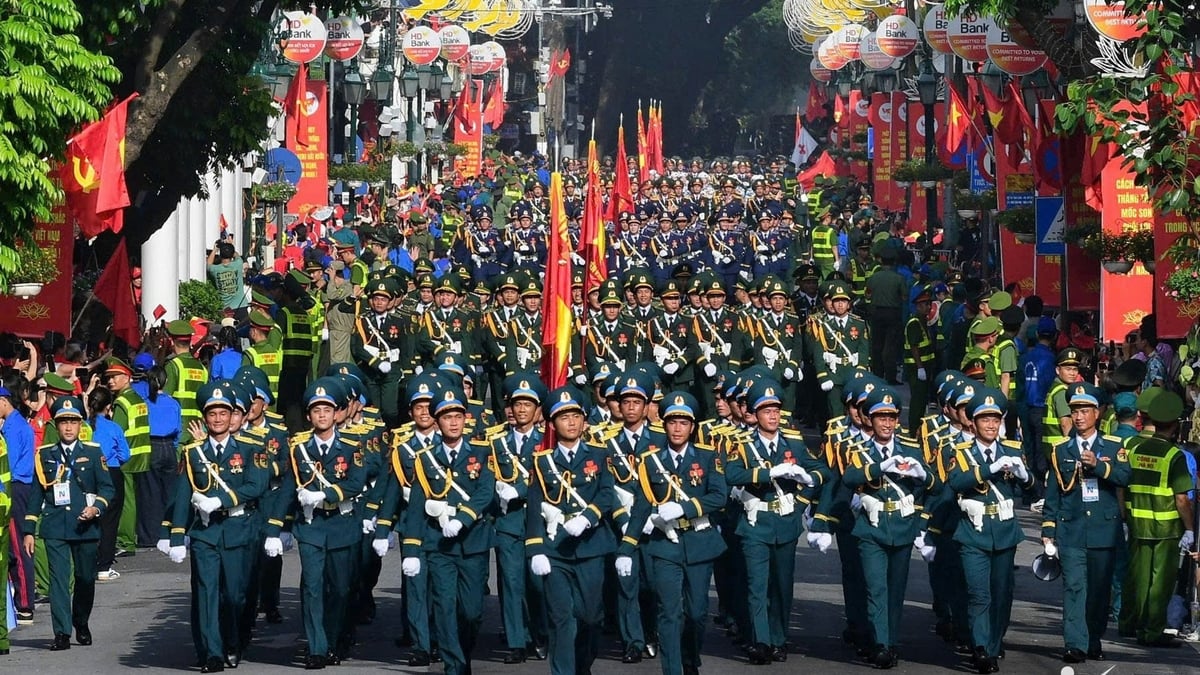
![[Photo] Lao President Thongloun Sisoulith and President of the Cambodian People's Party and President of the Cambodian Senate Hun Sen visit the 95th Anniversary Exhibition of the Party Flag Lighting the Way](https://vphoto.vietnam.vn/thumb/1200x675/vietnam/resource/IMAGE/2025/9/2/3c1a640aa3c3495db1654d937d1471c8)

![[Photo] National Assembly Chairman Tran Thanh Man meets with First Secretary and President of Cuba Miguel Diaz-Canel Bermudez](https://vphoto.vietnam.vn/thumb/1200x675/vietnam/resource/IMAGE/2025/9/2/c6a0120a426e415b897096f1112fac5a)
![[Photo] National Assembly Chairman Tran Thanh Man receives First Vice Chairman of the Federation Council of Russia](https://vphoto.vietnam.vn/thumb/1200x675/vietnam/resource/IMAGE/2025/9/2/3aaff46372704918b3567b980220272a)







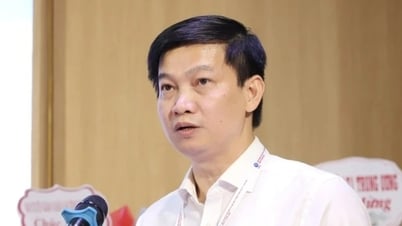

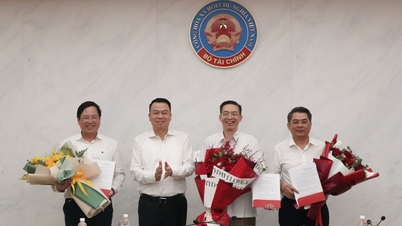

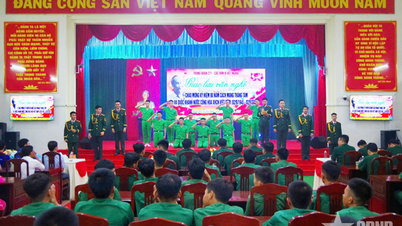
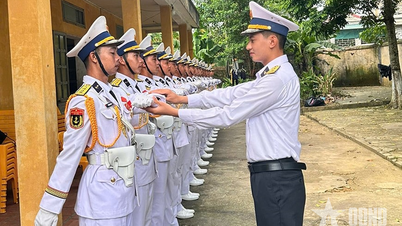
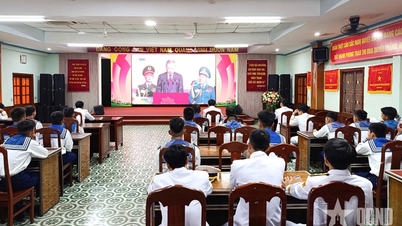





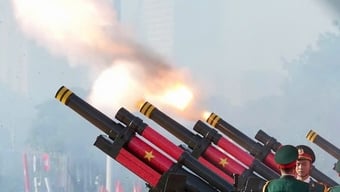
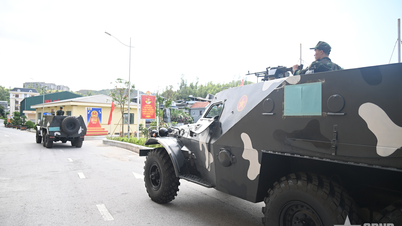
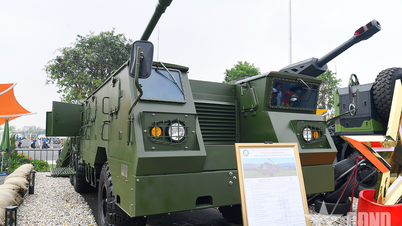
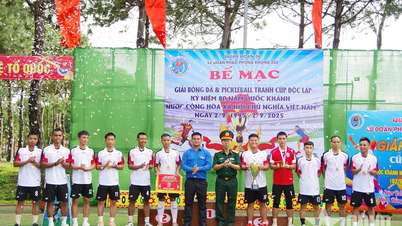
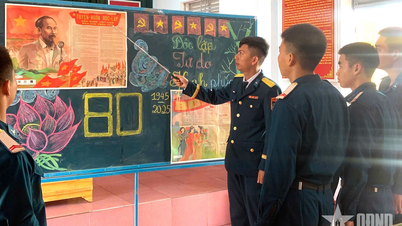
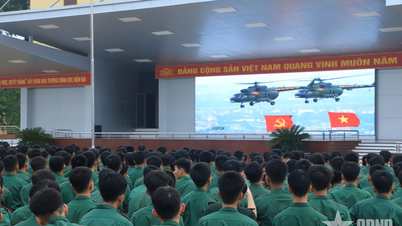
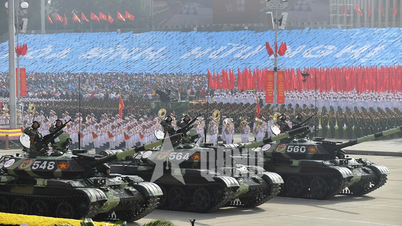

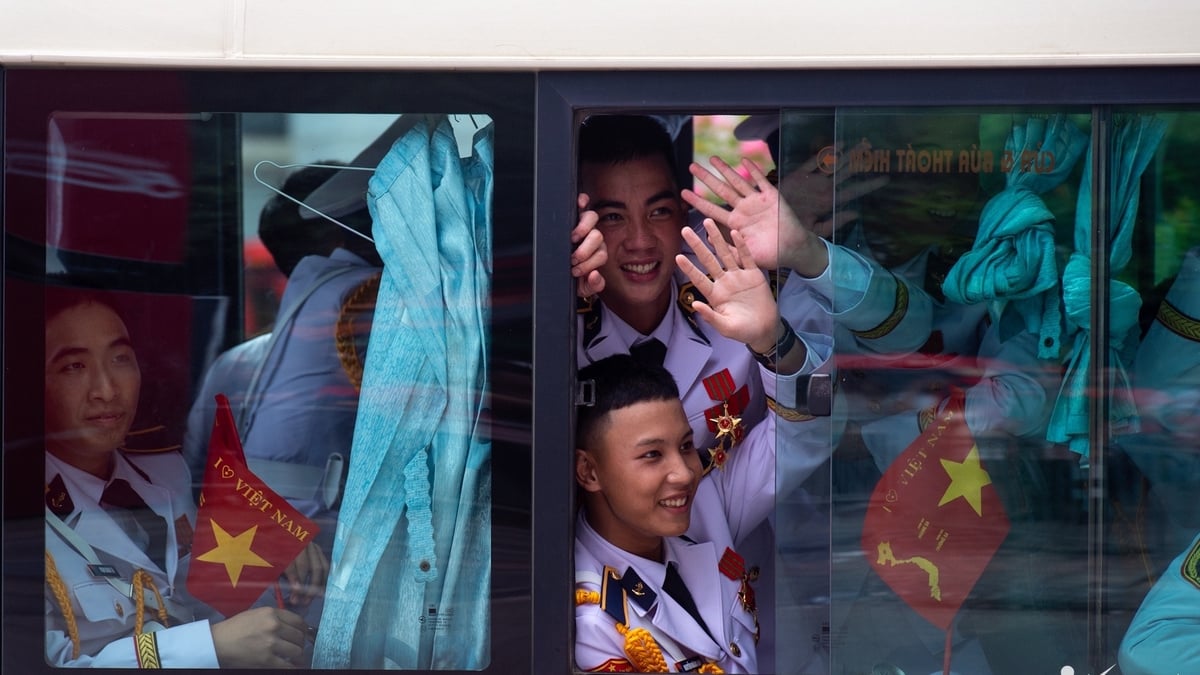










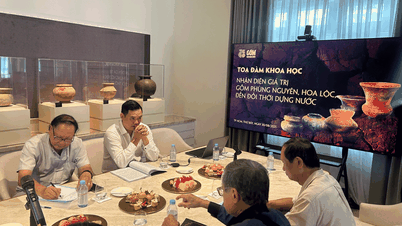
















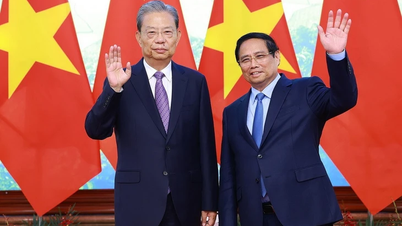
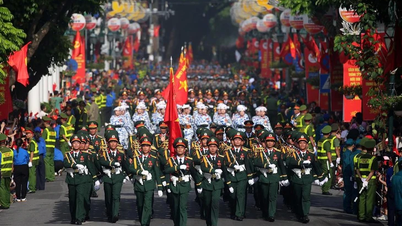

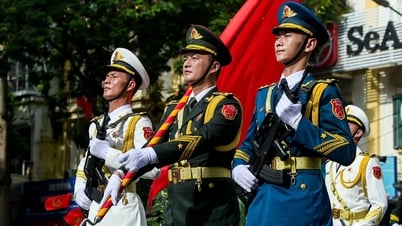



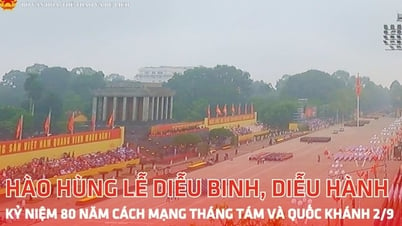

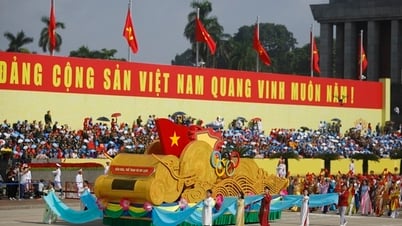

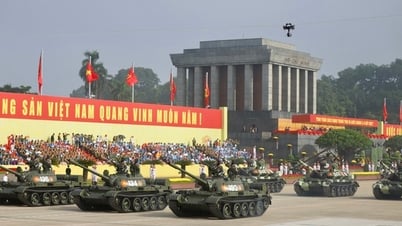
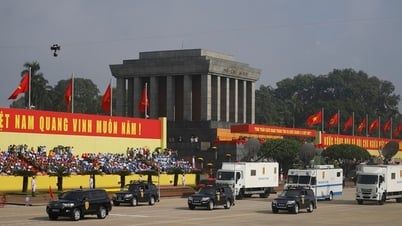









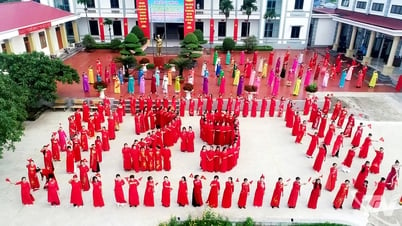





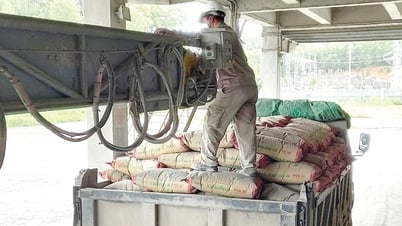



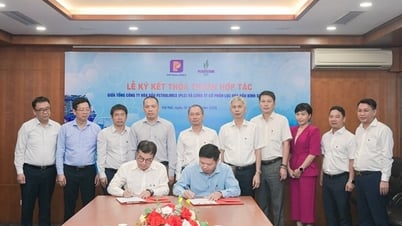




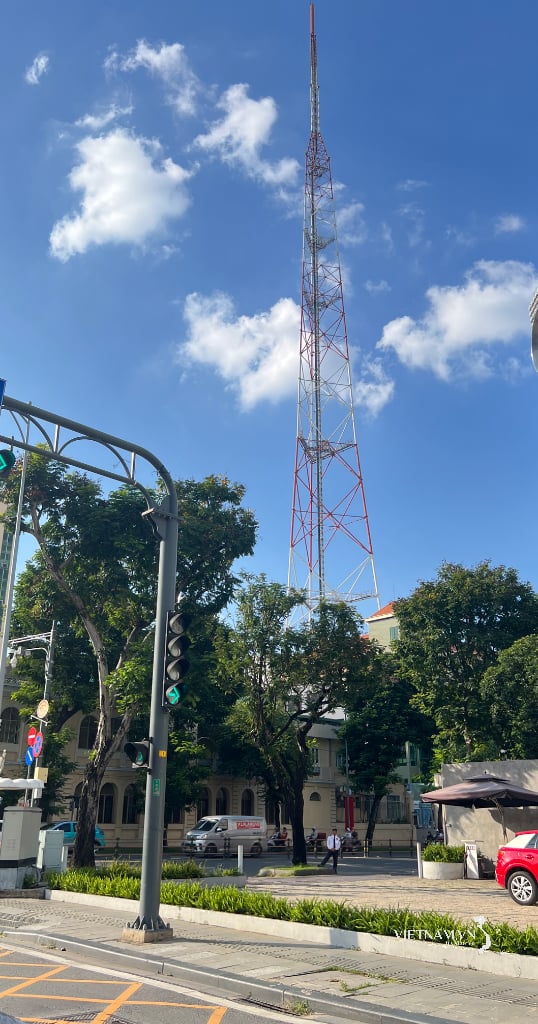


Comment (0)